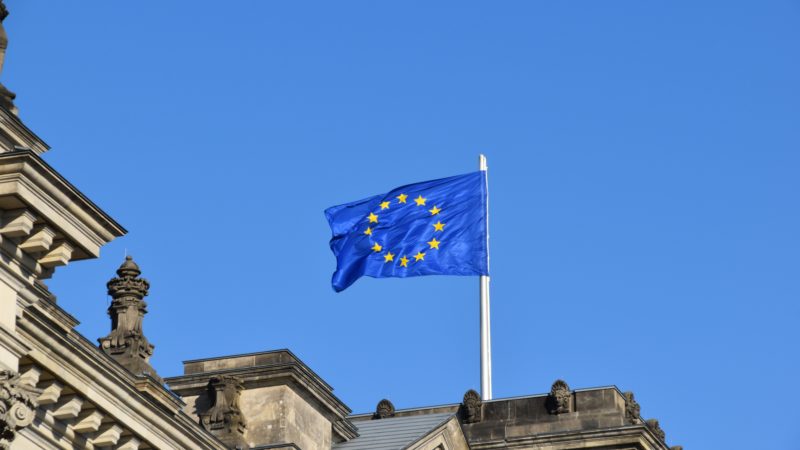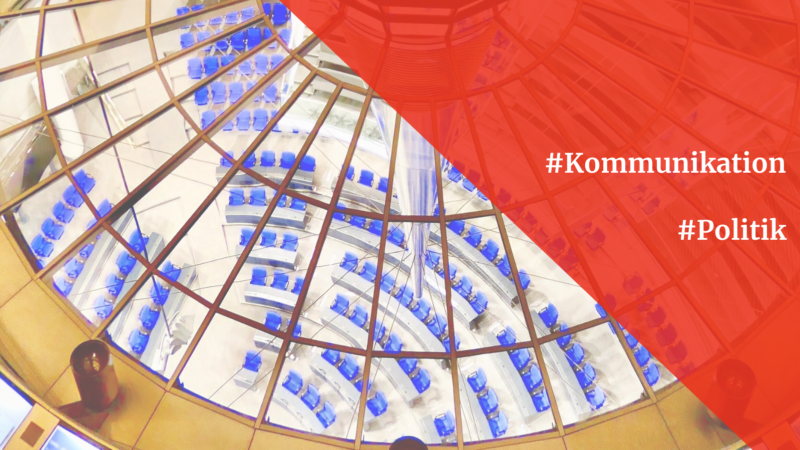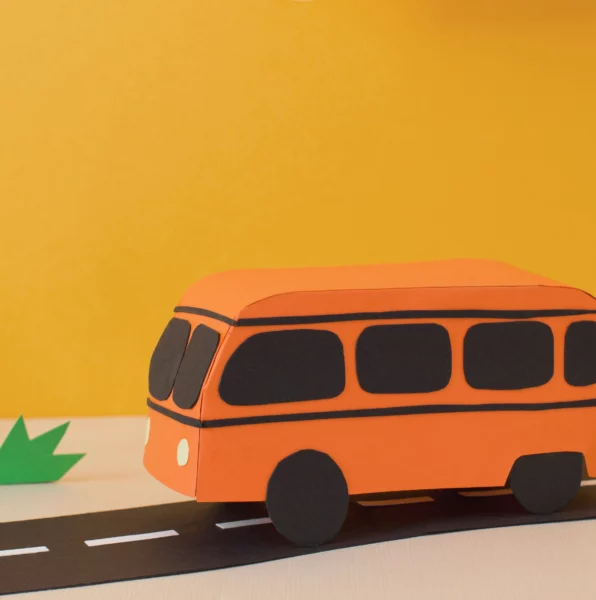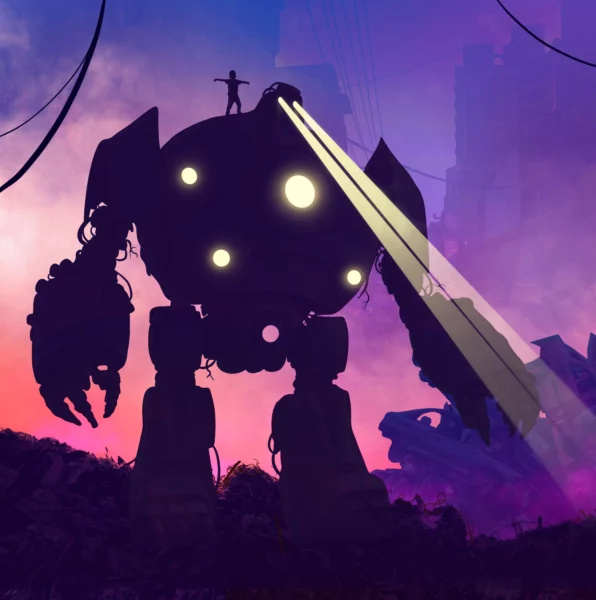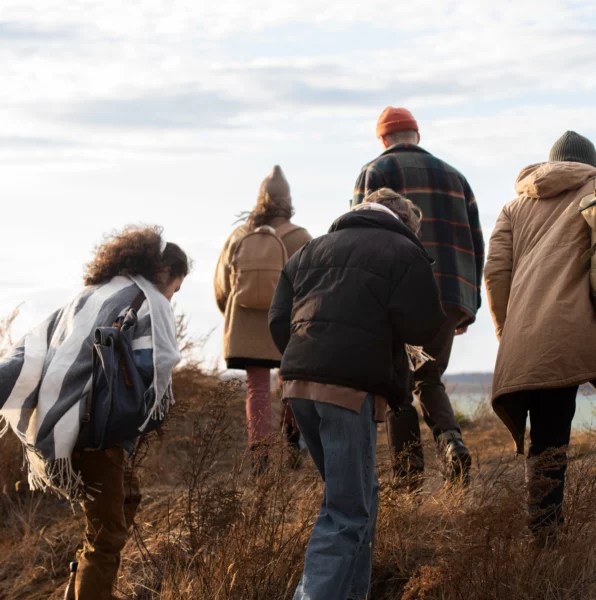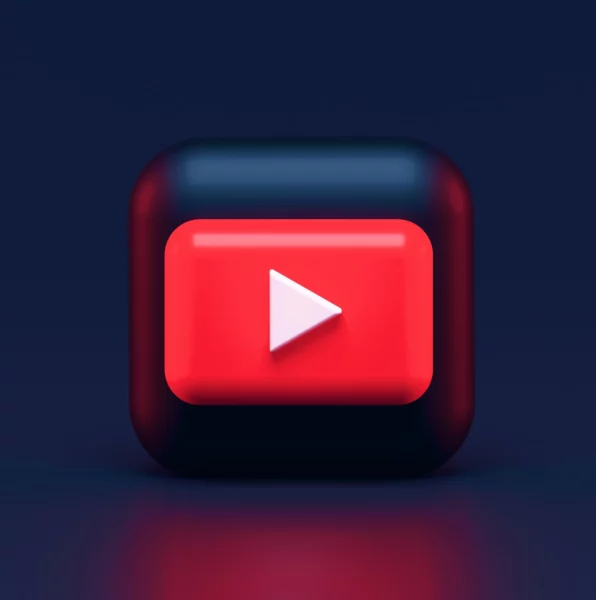The Dutch Minister for Education, Culture and Science Robbert Dijkgraaf announced a new science communication centre in May 2022. Ionica Smeets and Alex Verkade, the coordinators of the new national centre, recently presented their action plan to the minister. We spoke with Ionica Smeets about the challenges they faced, the data they collected and their next steps.
“Often people communicate despite rather than thanks to the current policy.”
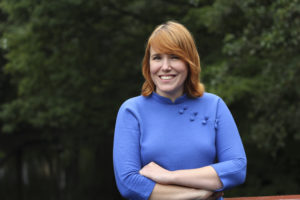
Ms. Smeets, why does science communication need to be institutionalized more strongly in the Netherlands?
We see that science communication in our country has some structural problems. Some parts of the population are not connected to science, even though they are very interested in it. We also observe that there isn’t much dialogue in science communication. It’s mostly about results and not about methods, and a lot of the activities are not very effective.
When you look more closely you realize that there are a lot of people in the Netherlands who are already communicating about science. This is great! But people do it more as a hobby. It is rooted in individual enthusiasm and when someone moves institutions, projects stop. So, the individual commitment to science communication is quite high in the Netherlands. But it’s also a very Dutch thing to just do it, without checking whether it’s any good [laughs]. Quite often people communicate despite the current policy than thanks to the policy. These problems are very hard to change in the current system. All these actors in different places are not united and cannot change things on their own.
Historically, the Dutch have a very positive attitude towards science, especially in comparison to other European countries. You collected some data to inform the founding of the new centre. What does this tell you about how Dutch citizens think about science nowadays?
We organized our own citizen inquiry. We ran focus groups with people who are already interested in science, for instance visitors of a science café, and we approached people at a local participation project who are not involved in science on a regular basis. We went to high schools as well, from vocational training to gymnasia. We just talked to a lot of people.
Interestingly, we found that most have a quite old-fashioned view of science communication. They think about television or science education, about just receiving information. Of course, in the community we always talk about interaction and dialogue, but then these groups of citizens reported more along the lines of: “Oh well, I’m happy to just sit here and listen.” Some colleagues said the respondents just don’t know that interaction is what they really want. To this I would say it’s a very patriarchal way to force them into a dialogue if they don’t really want that.
What happened then?
We did a representative survey among the Dutch population. We asked about science capital and what was perceived as an obstacle to interact with science. The most frequent answer was: “There is nothing that makes it impossible for me to do this”. That was really nice. The second most frequent answer was “I don’t know enough about science”. So, it was not about disinterest or a lack of activities, but people feeling like they didn’t know enough.
We also checked how attitudes are changing. During the survey on national trust in science in 2015, the Rathenau Institute asked people how they want to be involved in science. At that time, 58 percent of the population said: “We don’t need to decide on what scientists should work on, as long as they do their work”. About a quarter said that it’s important for citizens to think along, but they don’t have to do it, personally. Only 13 percent wanted to actually do so and 2 percent actually did. In the meantime, we had the Dutch National Research Agenda, where people could submit future questions for science. Now, almost 10 years later, we found that the attitude has really shifted. Only 37 percent of the population said “I don’t think citizens should be involved” and more than 20 percent would like to be involved in thinking along about research questions. 
Can you speculate on this change, on citizens wanting to get more involved?
We did discuss this with the focus groups. While some people were really worried about companies influencing science, others said: “we should think along”. At schools, they mainly mentioned climate change as the reason. They said that they should be thinking along with scientists because the climate crisis is here and it is their problem. The adults mentioned the Covid-19 pandemic frequently as a reason. Some people just said that science needs to fit what society needs. The Dutch Research Agenda also showed people that it was possible to participate.
What role did the Dutch Research Agenda play in setting up the National Centre of Expertise on Science & Society?
It’s all very connected. We wrote a proposal to improve science communication years ago and mentioned that there should be budgets for doing scicomm outside individual research projects, expertise from outside academia should be taken more seriously, and a national centre for science communication would really help. And within the Research Agenda the first two points were addressed. Separate calls for doing science communication were issued and knowledge from science museums was taken into account more strongly. There was also a pilot program on how to reward scientists who excel in science communication within the Research Agenda. Pretty much everything they recommended we agree with, and vice versa.
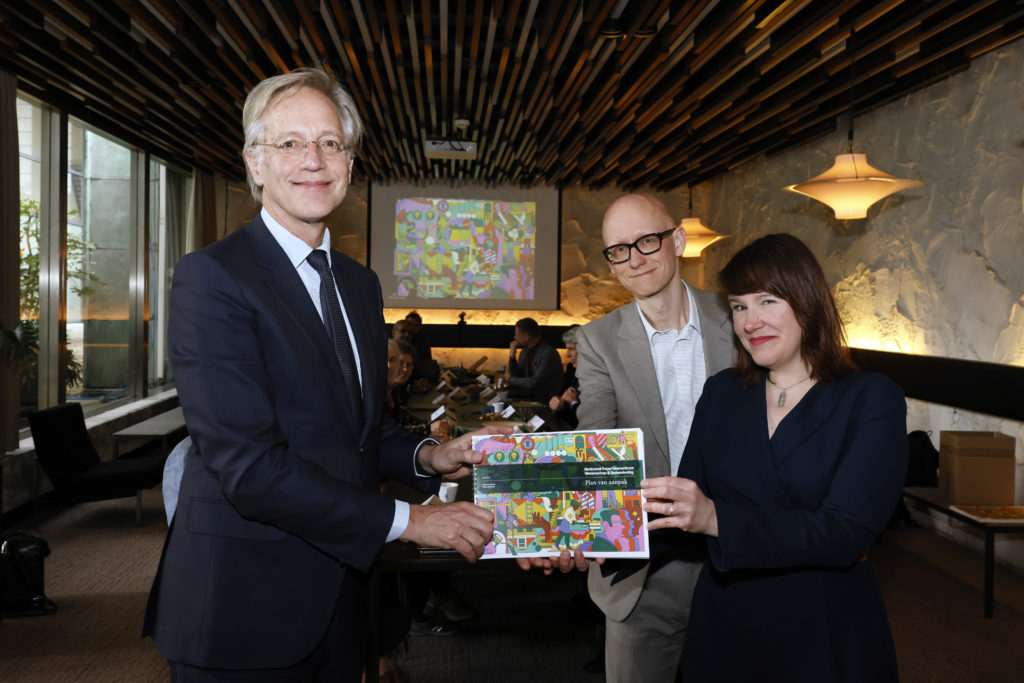
For how long is the centre funded?
The basic funding is one million euro per year, for ten years. We plan an initial evaluation after three years, and then there needs to be iteration. We need to figure out what financial model works in the long run. It has been tried before to set up a national centre, but this failed. There are many reasons for this. One is that Dutch universities are funded based on student numbers. Everything depends on those numbers, including the money you get for research. The competition between universities is very strong. That’s why it is hard to get people to work together on this.
In founding the centre, were you inspired in any way by other countries?
We took very different things from different organizations, for example Ciênca Viva in Portugal, which describes itself as a network of networks. And I think this is what our centre should be: a place where people can come for knowledge, connection, to learn new things, and also a centre that fights for policy changes. We don’t want our centre to become too big. We are aiming for a size like the National Co-ordinating Centre for Public Engagement (NCCPE) in the UK. We don’t want it to be much more than ten people, ever. This is because there are already so many people doing science communication in the Netherlands. The UK centre is very strongly focused on policy changes and also for us this is a sensible thing to do. Vetenskap & Allmänhet in Sweden really highlighted the importance of setting up the governance.
In Germany NaWik* and WiD* helped us a lot, with how to set up the organisational structure. It was important to decide what legal entity the centre should be. We were asked by the ministry to find an existing organisation that could host us. During the process we realised that wouldn’t work, we needed an independent foundation. We also talked to the Korea Foundation for the Advancement of Science and Creativity (KOFAC). They told us they often have to change their strategies according to government changes. We also heard that it can be hard to apply for European funds if you are the wrong entity. Our hunch was that it would be difficult to make the centre part of a university – remember what I said about the competition between universities in the Netherlands.
Where are you standing now in terms of the next steps?
Our advice document was the first step, then the minister had to accept the plan – which he did, in its entirety! It was already discussed in parliament. Now a lot of work needs to be done behind the scenes to set up the independent foundation. There will be some waiting time, because the action plan has to go through different ministries. Alex Verkade and I were asked to make the plan, but we also promised to start the foundation and hire the first director as well as the board. The director won’t be either of us. We expect the centre can kick off towards the end of 2023 or beginning of 2024.
Do you have recommendations for other science communication professionals and scientists who might consider institutionalizing science communication in their home country?
We were actually approached at the PCST meeting in Rotterdam by other countries who were interested in setting up national centres for science communication. It was great how open the international community was to help us. My advice would be to look very carefully what your country needs and then tap into these international resources.
And I really hope our national centre can be of help as well, especially because I realised at PCST how privileged we are. I complain a lot about what’s not going well in science communication in the Netherlands, but then you talk to people from Namibia, for example, and you realize that their funding for science is ridiculously low. People there still fight for excellent science communication. I hope that countries that have a bit more funding available can help others.
* The National Institute for Science Communication (NaWik) and Wissenschaft im Dialog (WiD) are two of the three sponsors of the portal Wissenschaftskommunikation.de.
